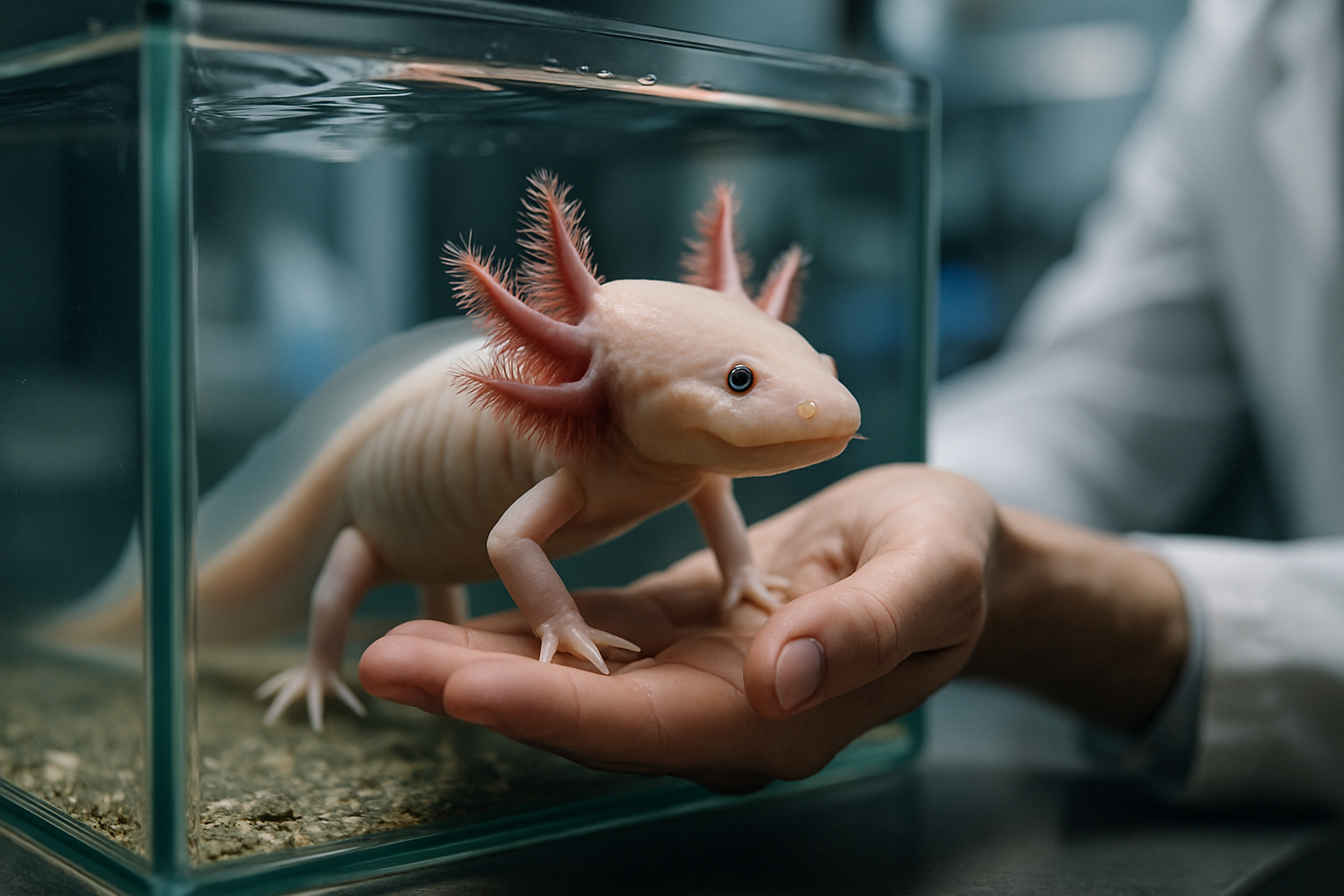Echoes of the Deep: The Enigmatic World of Cephalopod Intelligence
Dive into the mysterious realm of cephalopod intelligence, where octopuses, cuttlefish, and squid challenge our understanding of cognition. These marine marvels, with their alien-like appearances and astonishing abilities, have captivated scientists and animal enthusiasts alike. Join us as we explore the depths of cephalopod intellect, unraveling the secrets of these extraordinary creatures and their potential impact on our comprehension of animal intelligence.

Masters of Disguise: The Art of Cephalopod Camouflage
One of the most astounding features of cephalopod intelligence is their unparalleled ability to camouflage. Octopuses, in particular, are renowned for their shape-shifting prowess, capable of mimicking not only colors and patterns but also textures and even the movement of other marine creatures. This remarkable skill is not merely instinctual but requires a sophisticated level of perception and decision-making. Cephalopods can assess their surroundings, choose an appropriate disguise, and execute it with precision in a matter of seconds. This level of adaptability and problem-solving is indicative of a highly developed nervous system and cognitive capabilities.
The Curious Case of Distributed Intelligence
Unlike vertebrates, cephalopods possess a unique nervous system structure that has fascinated researchers. Their intelligence is not centralized in a single brain but distributed throughout their bodies. Octopuses, for example, have more than half of their neurons located in their arms, allowing for a level of autonomous control and sensory processing that is unparalleled in the animal kingdom. This decentralized intelligence enables cephalopods to multitask efficiently, controlling each arm independently while simultaneously processing complex environmental information. The study of this distributed cognitive system has opened new avenues in neuroscience and artificial intelligence research.
Problem-Solving Prodigies: Cephalopod Cognition in Action
Numerous studies have demonstrated the impressive problem-solving abilities of cephalopods. Octopuses, in particular, have been observed unscrewing jar lids, navigating mazes, and even using tools – behaviors once thought to be exclusive to higher vertebrates. In laboratory settings, these creatures have shown an ability to learn from observation and apply that knowledge to novel situations. This cognitive flexibility is particularly remarkable given the relatively short lifespan of most cephalopod species, typically ranging from 1-5 years. Their capacity for rapid learning and adaptation raises intriguing questions about the evolution of intelligence and the potential for developing advanced cognitive abilities in a compressed timeframe.
The Social Lives of Solitary Souls
Traditionally, cephalopods were considered to be solitary creatures with limited social interactions. However, recent research has begun to challenge this notion, revealing complex social behaviors in certain species. The discovery of octopus communities in Jervis Bay, Australia, dubbed Octopolis and Octlantis, has provided groundbreaking insights into potential cephalopod social structures. These findings suggest that under certain conditions, some octopus species may engage in communal living, territorial disputes, and even rudimentary forms of communication. This social aspect of cephalopod behavior adds another layer to our understanding of their intelligence and raises questions about the potential for cultural transmission among these animals.
Ethical Implications and Conservation Concerns
The growing recognition of cephalopod intelligence has sparked important ethical debates within the scientific community and beyond. As our understanding of these creatures’ cognitive abilities expands, questions arise about the ethics of cephalopod research, captivity, and consumption. Some countries have already begun to include cephalopods in animal welfare legislation, acknowledging their capacity for suffering and the need for humane treatment. Additionally, the potential impact of climate change and overfishing on cephalopod populations has become a pressing concern, highlighting the need for conservation efforts to protect these remarkable animals and the ecosystems they inhabit.
The Future of Cephalopod Research: Uncharted Waters
As technology advances, so too does our ability to study cephalopods in their natural habitats. Cutting-edge underwater imaging systems, genetic sequencing techniques, and non-invasive neuroimaging methods are opening new frontiers in cephalopod research. Scientists are now exploring questions about cephalopod consciousness, emotional experiences, and the potential for even more sophisticated cognitive abilities than previously imagined. The future of cephalopod research promises to yield insights that could revolutionize our understanding of animal intelligence and perhaps even shed light on the fundamental nature of cognition itself.
Redefining Intelligence in the Animal Kingdom
The study of cephalopod intelligence challenges our preconceptions about the nature and evolution of cognitive abilities in the animal kingdom. These extraordinary creatures, with their alien-like appearance and remarkable problem-solving skills, force us to reconsider what it means to be intelligent. As we continue to unravel the mysteries of cephalopod cognition, we may find ourselves not only gaining a deeper appreciation for the diversity of life on our planet but also expanding our very definition of intelligence itself. The enigmatic world of cephalopods serves as a powerful reminder of the wonders that still await discovery in the depths of our oceans and the heights of animal cognition.





